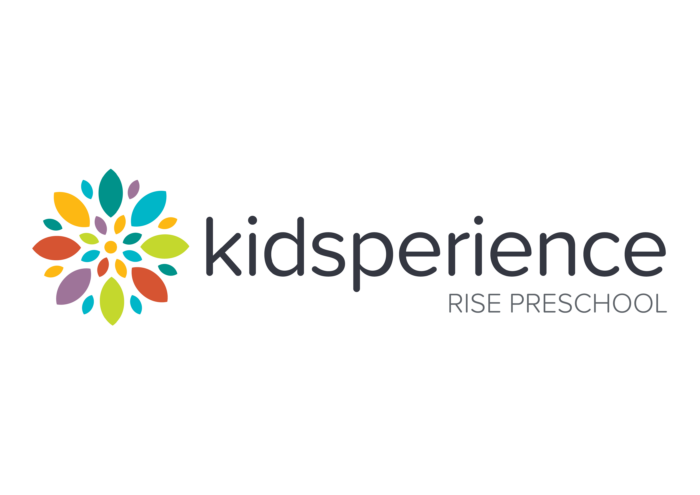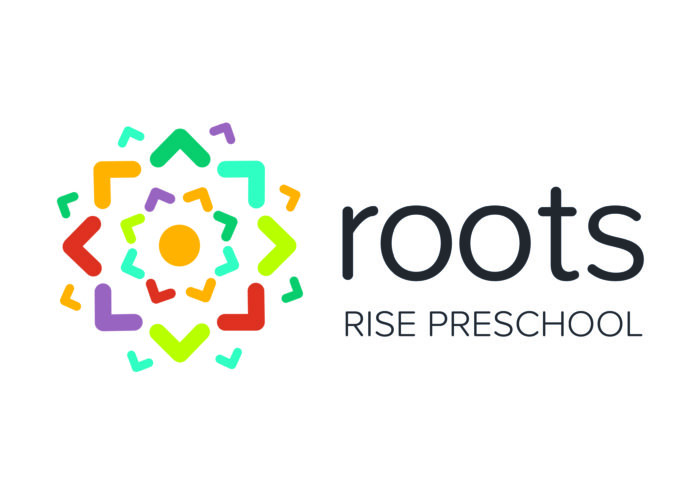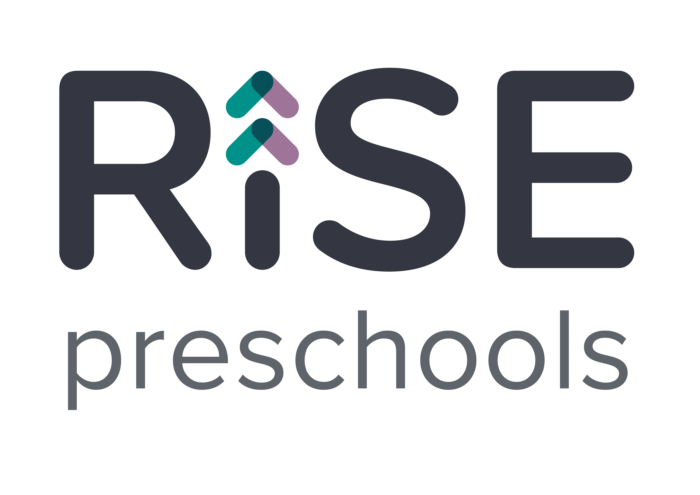Child Initiated Play Vs. Adult Initiated Play


By Stella Ioannou
Key Teacher, Roots Preschool
Play
Play is very important as it contributes to the cognitive, physical, social and emotional well being of children and there is a significant amount of research showing that play can be an enjoyable and central force that aids children in their developmental journey.
It is worth saying that children are naturally very curious and willing to understand the world around them. In designing educational play environments early years teachers, or caregivers, need to provide children with enriched learning experiences and the appropriate types pf play in order for children to learn and develop.
Adult Initiated Play
Adult-initiated play is a way for children to engage in activities with a planned learning intention. The teacher or caregiver provides materials and then encourages children to play with them after showing them what to do. However, we must not force a child to get really involved in an activity which may be above their current cognitive level or is not stimulating enough for them.
Benefits of Adult Initiated Play
- Learning Opportunities: Adults can introduce new concepts, vocabulary, and ideas during play, fostering intellectual development. For instance, using counting games or introducing letters and shapes during play activities can enhance early learning.
- Social and Emotional Development: Adult-initiated play can assist children in understanding emotions, developing empathy, and learning social skills such as sharing, taking turns, and cooperation.
- Language Development: Through play, adults can engage children in conversations, storytelling, and role-playing, aiding in language acquisition and communication skills.
- Creativity and Imagination: By initiating play scenarios or providing materials, adults can encourage creativity, imaginative thinking, and problem-solving abilities in children.
- Motor Skills: Guided play can include activities that promote fine and gross motor skills, enhancing physical development.
- Confidence Building: Supportive interactions during play can boost a child’s confidence, encouraging them to explore, try new things, and take risks.
- Cultural Understanding: Adults can introduce diverse perspectives, cultures, and traditions through play, fostering a child’s understanding and appreciation of the world around them.
- Self-Regulation: Guided play can help children learn self-control, patience, and problem-solving, contributing to the development of self-regulation skills.
Child Initiated Play
In child-initiated play children are free to select what to play, when they want to play and with whom they play: in this type of play children can choose for themselves and adult interaction is minimal.
Benefits of Child Initiated Play
- Creativity and Imagination: Child-initiated play encourages imagination and creativity as children create their own scenarios, stories, and worlds, fostering innovative thinking and problem-solving skills.
- Independence and Decision-Making: It allows children to make their own choices, fostering independence and decision-making abilities as they explore their interests and preferences.
- Cognitive Development: Child-initiated play stimulates cognitive development by encouraging exploration, curiosity, and experimentation, helping children learn about cause-and-effect relationships and problem-solving strategies.
- Self-Esteem and Confidence: Child-led play allows children to take risks, overcome challenges, and succeed independently, boosting their self-esteem and confidence.
- Adaptability and Flexibility: Through this type of play, children learn to adapt to changing circumstances, be flexible in their thinking, and explore different ways of doing things.
- Intrinsic Motivation and Love for Learning: When children engage in play based on their interests, they develop a natural curiosity and enthusiasm for learning, fostering a lifelong love for exploration and discovery.
Commonly, teachers and caregivers focus more on what knowledge and skills children should acquire through play rather than on the process that is happening during play and how much a child is engaged in play. However, a powerful vision adults should have is for the children to be happy and self-confident.
Their approach in play must focus on the children’s feelings and level of involvement in play because children do not develop at the same pace. The best model for developing children’s natural motivation and competence through play may include structure, independence and sensitive-able teachers to guide children when needed.
We need to ensure that children have plenty of time to themselves, time to imagine, dream and create. We must be ready to follow children’s choices in play.

